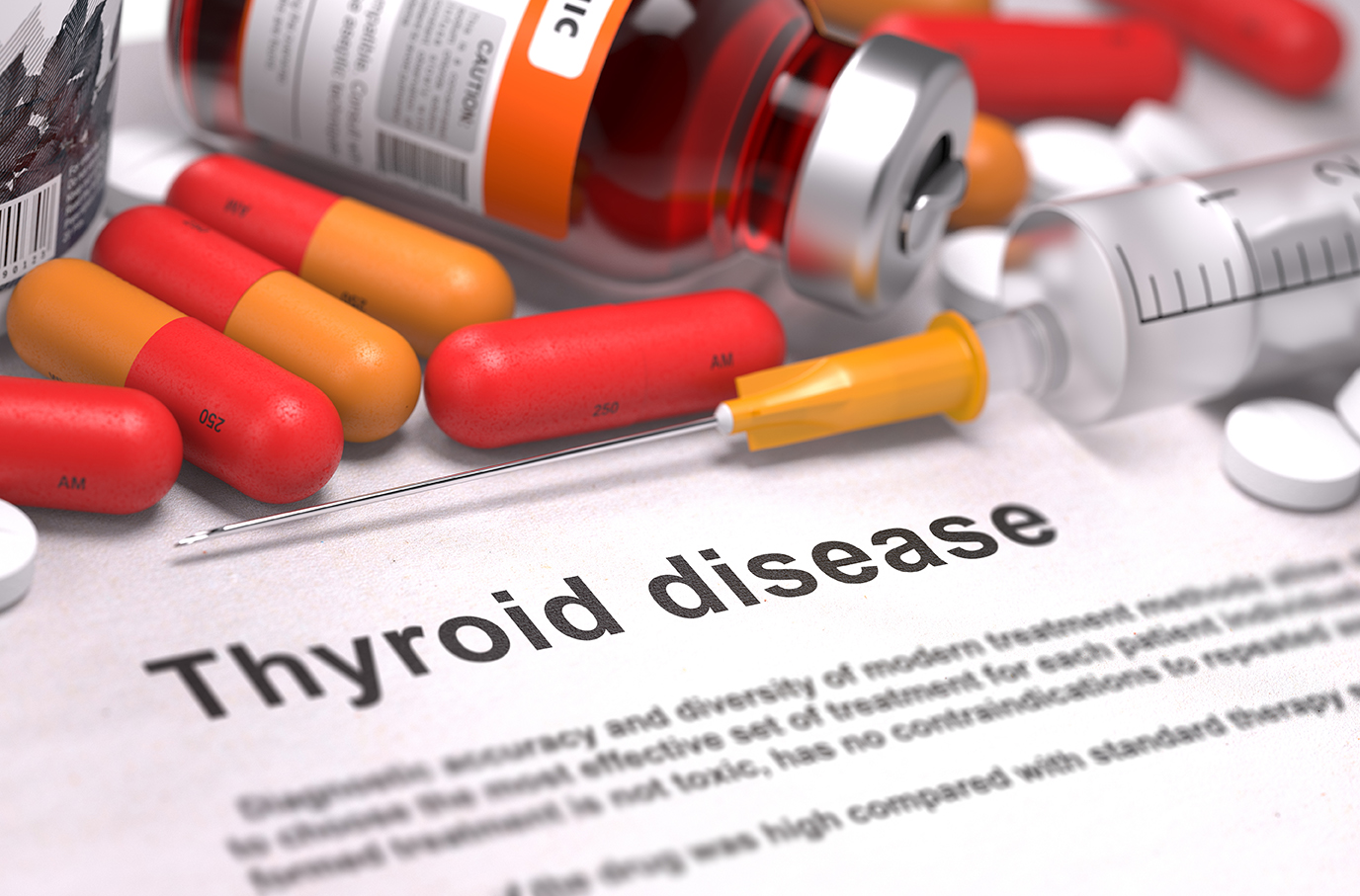Once the diagnosis of hyperthyroidism is confirmed with the help of tests prescribed by an endocrinologist, treatment plan is made. Generally, treatment plans for overactive thyroid depend upon the underlying cause. Also, treatment plans vary based upon the patient’s condition and other coexisting medical conditions.
Conditions like hypertension, increased systolic blood pressure, high cholesterol along with high triglyceride levels are also taken into consideration while prescribing a treatment for hyperthyroidism.
Hyperthyroidism treatment options
In case of overactive thyroid glands, it is the general case that patients are prescribed beta blockers in order to contain symptoms related to the heart. This is done no matter what the underlying cause of hyperthyroidism in order to reduce the risk of cardiac complications like atrial fibrillation and neurologic symptoms like nervousness, tremors, heat intolerance, among others.
Treatment options for hyperthyroidism include:
- Antithyroid medications
- Iodine
- Radioactive iodine therapy
- Surgery with thyroidectomy
Antithyroid medications
Antithyroid medication is the first-line treatment option for hyperthyroidism. Antithyroid medications have antithyroid agents that inhibit the synthesis and production of thyroid hormones. They inhibit the synthesis and release of thyroid hormones like thyroxine and Triiodothyronine. These antithyroid agents or antithyroid medications include:
- Methimazole
- Propylthiouracil
Both these medications work by inhibiting the action of iodine in the synthesis and production of thyroid hormones. These medications work well for most cases of hyperthyroidism with a few exceptions. While Methimazole works by preventing the oxidization of iodine, Propylthiouracil works by inhibiting the conversion of T4 into T3. These medications are given in order to restore TSH levels to normalcy and to reduce enlarged thyroid glands.
Side effects of antithyroid medications
- Allergic reactions like rashes
- Abnormal liver function
- Agranulocytosis (low white blood cell count)
Iodine
Iodine in the form of pills is prescribed by endocrinologists for some people with hyperthyroidism in order to reduce the levels of release of T4 and T3 into the bloodstream. It is also prescribed for people with thyroid storm, an emergency condition. Though it is not used as a regular therapy for hyperthyroidism, iodine (in the form of potassium iodide) is prescribed to people who are about to undergo thyroidectomy, and for those who have about to undergo a surgery for non-thyroid conditions.
Radioactive iodine therapy
This is a treatment option that is considered for Graves’ disease, an autoimmune thyroid disease that leads to overactive thyroid glands. This is a nuclear medical therapy that works by destroying the cells of the thyroid glands thereby reducing the amount of thyroid hormones produced.
This treatment is started after a preliminary testing of radioactive iodine uptake scan in order to determine the dosage required to kill the thyroid cells. Radioactive iodine (I-131) is administered orally in the form of fluid or capsule. Iodine in the capsule is absorbed into the bloodstream. Once it passes through the gastrointestinal tract, it enters the thyroid glands where it destroys the cells of the thyroid.
Side effects and precautions of radioactive iodine therapy
Side effects of radioactive iodine therapy include:
- Hypothyroidism, since cells of the thyroid glands are destroyed leading to reduced levels of thyroid hormones.
- Nausea
- Swelling of salivary glands
- Conjunctivitis
- Rashes
- Metallic taste in mouth
Precautions for radioactive iodine therapy include:
- Drink copious amounts of fluids
- Wash hands frequently since the therapy involves radioactive material that can cause contamination
- Flush toilets more than twice as the radioactive material is flushed out of the system through urine
- Not sharing utensils or plates in order to avoid contamination
- Wash clothes separately
- Stop breastfeeding until instructed further
Surgery with thyroidectomy
While antithyroid medications can reduce the levels of thyroid hormones and bring TSH levels to normalcy, the risk of reoccurrence or remission do exist. The chances of remission are high in the cases of toxic multinodular goiter, and toxic thyroid adenoma. That is why a surgery is recommended by endocrinologists for these patients with total or partial thyroidectomy.
People who are recommended for thyroidectomy:
- Pregnant women who have adverse side effects to antithyroid medications
- People with very severe hyperthyroidism or large goiters
- People with coexisting conditions like heart diseases
Side effects of thyroidectomy include:
- Hypothyroidism as partial/total removal of thyroid glands reduces the production of thyroid hormones
- In some rare cases, vocal cord paralysis as surgery might cause damage to the laryngeal nerves
- Hypoparathyroidism as surgery might also damage the parathyroid glands
Treatment for subclinical hyperthyroidism depends upon the risk factors of atrial fibrillation and other complications associated with hyperthyroidism. Other conditions associated with hyperthyroidism Graves’ ophthalmopathy and infiltrative dermopathy is done in conjunction with endocrinologists, and dermatologists and ophthalmologists.
